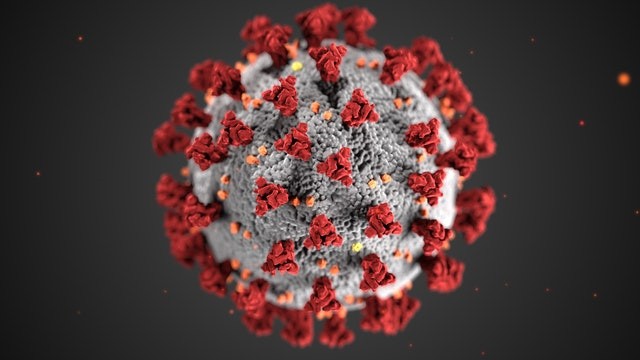Everything You Need To Know About New COVID-19 Variants, From Transmissibility To Risks

Viruses are always changing or taking new forms. And the coronavirus is no exception to the many COVID-19 variants that are being identified.
Several COVID-19 variants stand out from the crowd, including the UK, South Africa, and Brazil variants. According to The Washington Post, these COVID-19 variants were found to be more transmissible, raising worry that the current vaccines may not be as effective against it.
Euro News noted that viruses do make some changes and copy themselves in mutations. The World Health Organization (WHO) defines a variant as a virus with one or several new mutations.
Even though people are worried about these mutations' implications, experts assured that the coronavirus is still considered more stable than others since it has been slower to change.
Changes in viruses aren't unusual, and experts just have to continue learning about them. But that doesn't mean the general public isn't allowed to learn some things about them as well.
Here are some things you should know about COVID-19 variants:
Will Vaccines Still Work Against COVID-19 Variants?
Since news of the new COVID-19 variants surfaced, the efficacy of vaccines against them has been questioned by many people.
Fortunately, so far, the Pfizer and Moderna vaccines, which were the ones approved in the U.S., appear to remain effective against the known variants, said an article from USA Today.
The Washington Post reported that there is no strong evidence suggesting that vaccines won't work against the original "G" variant and those in Brazil and the UK.
However, there are some variants that appear to be more resistant, specifically the South Africa and Denmark variants of the virus.
Moderna is developing a booster dose that will better combat the South African variant and other variants that may emerge in the future.
Do COVID-19 Variants Pose Significant Dangers?
As much as experts want to know if variants will cause more severe infection, the real answers remain unknown. So far, several variants of the virus, like the UK, South African, and Brazil variants, appear to be more contagious, but they are not necessarily deadlier.
Despite the lower risks, these variants may kill a lot of people because if more people get infected, there will also be more people who have a possibility of dying. People also have to consider how overwhelmed hospitals are with COVID-19 patients.
More patients would mean health workers may have a hard time providing high-quality care for their patients who come in with different complications.
What Makes Each COVID-19 Variant Different?
Generally, researchers call something a "strain" when it has deviated substantially from the existing version. But so far, the changes in SARS-CoV-2 aren't as dramatic enough to call them a "strain."
Prior research shows that the Brazil variant has a dozen alterations in the virus' spike protein. And this information led them to believe this variant is more transmissible.Early evidence also shows that antibodies may not recognize this variant.
Related story : You May Have COVID-19 if Your Food Tastes Like This
The UK variant appears to be more transmissible than the common strain as well. It is also very similar to the South African variant that has no evidence that it is deadlier. However, Former FDA Director Scott Gottlieb noted that it might be more resistant to antibody therapies.
As for the Denmark variant, which has been mostly spreading in Northern California, whether it is more transmissible or more dangerous remains unknown.
Subscribe to Latin Post!
Sign up for our free newsletter for the Latest coverage!
© 2026 Latin Post. All rights reserved. Do not reproduce without permission.














